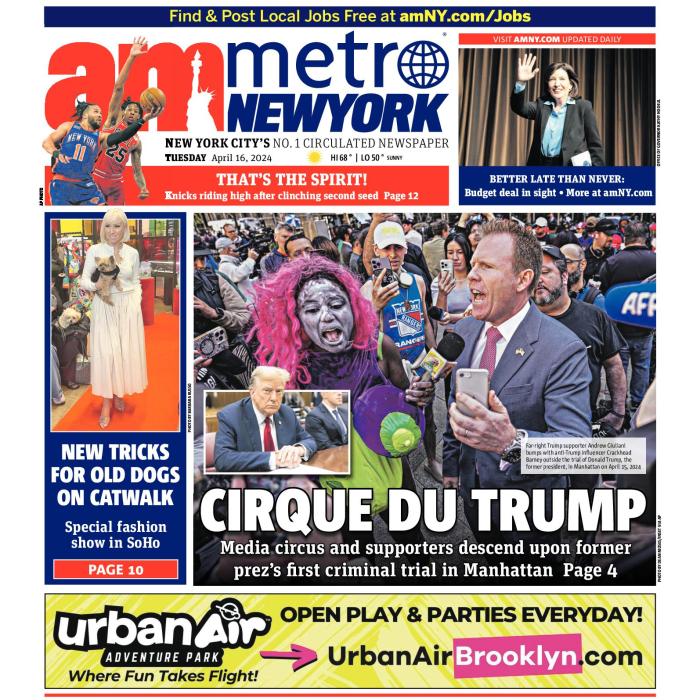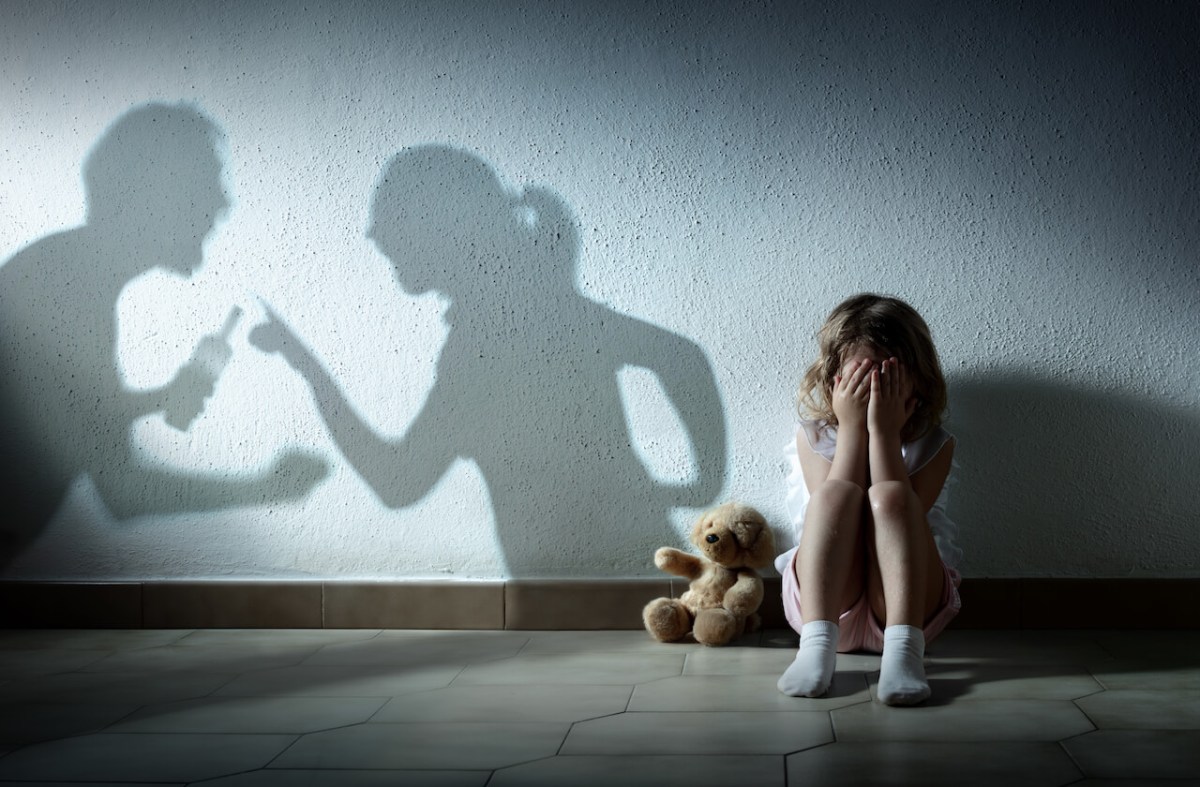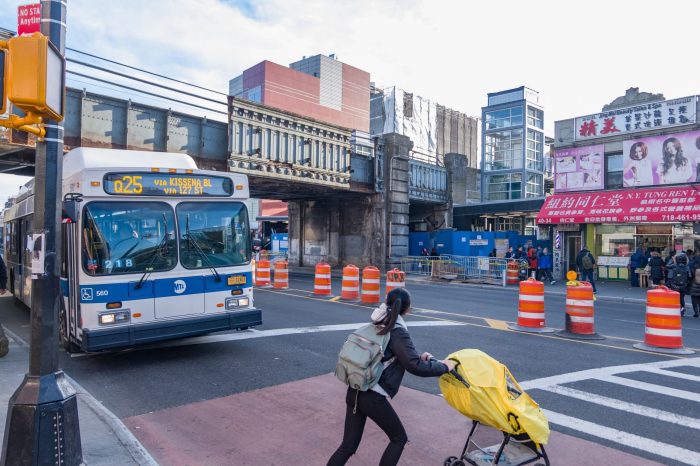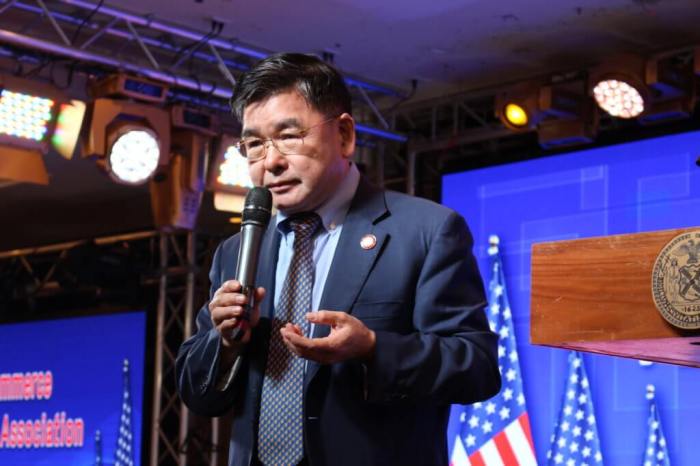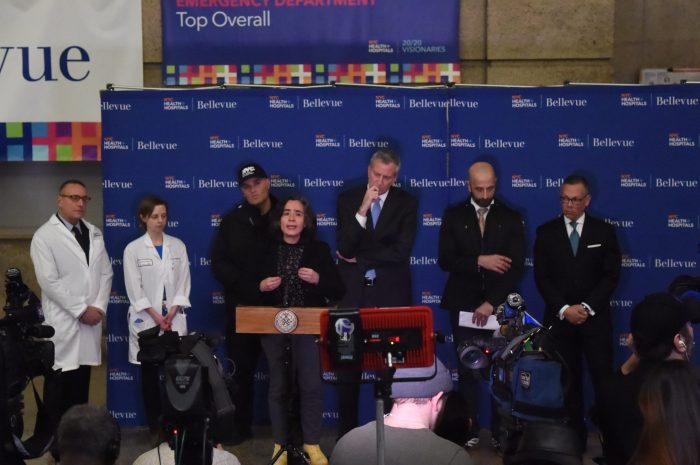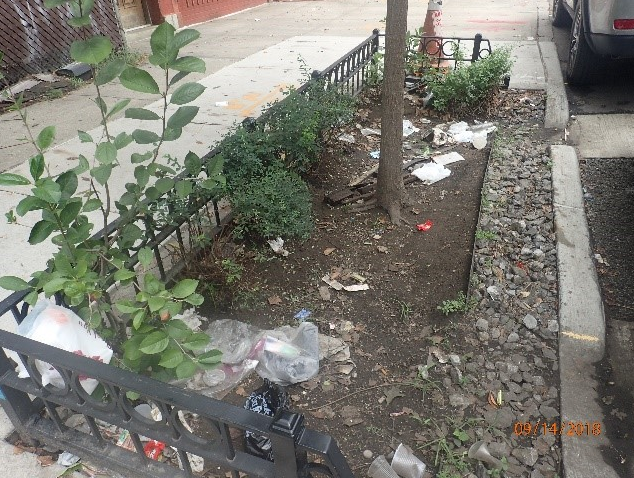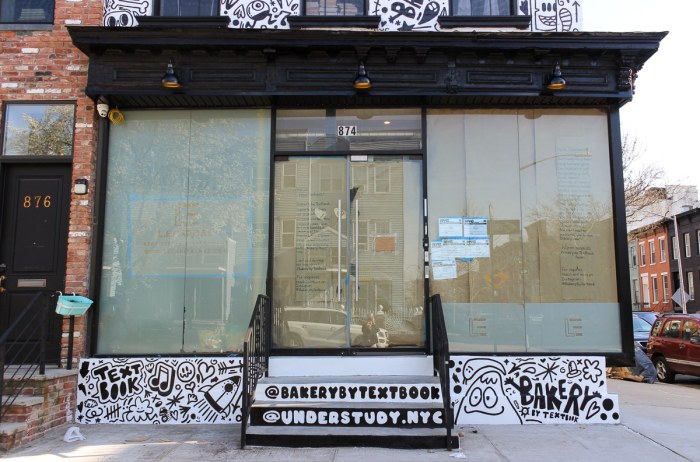Anna had been married to Jeff for five years. They had a son, a boy, he was just two years old. She was always told she was useless, fat and stupid, but having grown up in an abusive home, these words were nothing new. When COVID hit, she luckily held on to her job. As time went on she was deemed fatter and increasingly stupid and useless by the day. One evening, she cooked Jeff the wrong microwave meal. He erupted as usual, but with an addition; now, their ought to be a “physical consequence” for her stupidity. Anna had to make Zoom calls, so on April 16, 2020, she stood, stunned, as her husband asked her on which part of her body she would like to be punched. Fearing for her child, she chose her thigh. Many other, non-visible body parts were battered in the months thereafter…
To most, the above survivor experience is an unimaginable nightmare. For many it is a reality, and one that COVID created the perfect conditions for its darkening.
In mid-December, Sandra Ung, Special Assistant to the Congresswoman Grace Meng, who is running for a NY City Council seat in District 20 this year, launched a series of Zoom discussions with local experts on issues that might be escalating during the pandemic. The first was “Domestic Violence and the Pandemic,” a conversation between Ung and Jeehae Fischer, Program Director of the Korean American Family Center (KAFC), in Flushing, Queens. It revealed some significant short fallings of the city to protect and support the victims of domestic violence.
Ung: Can you describe to me what domestic violence is?
Fischer: Domestic violence is not a black and white situation, with that version involving a male physically assaulting a female. As well as female physically assaulting a male in an intimate relationship, there is also family domestic violence; parents abusing their children or children abusing the elderly. Adding to this is non-physical, verbal abuse, sexual abuse, emotional abuse, threatening to denigrate a person’s status and also financial abuse. An added element is a person’s immigration status: if a victim wants or tries to leave, often a perpetrator will threaten to take steps to have them deported.
Ung: What could the government do better about this situation, or the city or the state?
Fisher: One thing I could say is that these different state level coalitions can get together. What we have seen during COVID is that there is a desperate need for housing as well as shelter that are specific for survivors. Oftentimes people will say things like “can’t you send them to a homeless shelter?”But that is dangerous for these victims. Confidentiality and safety has to be ensured. So, domestic violence shelters are very different from other shelters and now, because of COVID, I would say that domestic violence is another global crisis.
I’ve seen cases lately where these victims are seeking shelter but we are so maxed out, we are at capacity. As a recent example, we were trying to help a victim who was being threatened at gunpoint by placing her in a hotel, but we serve a lot of immigrant survivors who don’t have ID’s, and so the hotel refuses them. So where does us leave us during the pandemic? It pains me to to say it, but right now, most victims are going back to their abusers.
Ung: How much has domestic violence escalated in NYC during the pandemic so far?
Since the lockdown in March of 2020, calls to our domestic violence hotline have increased by 300% and our domestic violence cases have increased by 49%. It has been a very challenging time for our victims and their children.
The community we deal with is predominately low-income with people clustered together in small apartments, and with the economic downturn the perpetrators are more stressed and they use violence to release their stresses. Our statistics show that on average it takes seven times for an incident to occur before victims will call a hotline, and we stress that if you are in immediate fear for your life, please call 911, regardless of your immigration status.
An additional thing that is daunting to us also is that it is horrifying for children to even witness domestic violence, but now they are becoming targets, because they are doing remote learning and not going outside. So we have also seen an increase in these child abuse cases as well. So our victims are seeking shelter, housing, rental subsidies, cash assistance, even food. And so I feel that the city is letting us down because we are doing so much more now with the same resources.
The national Domestic Violence Hotline is 1-800-799-SAFE (7233)
KAFC can be reached 24/7 at 718-460-3800 and you can visit their website at kafsc.org for additional resources and support.
There are also citywide organizations such as Safe Horizon who have a larger network of shelters throughout the five boroughs and support and advice for victims and their children. You can find out more about them at www.safehorizon.org or call their 24/7 hour hotline at 1-800-621-HOPE (4673).
